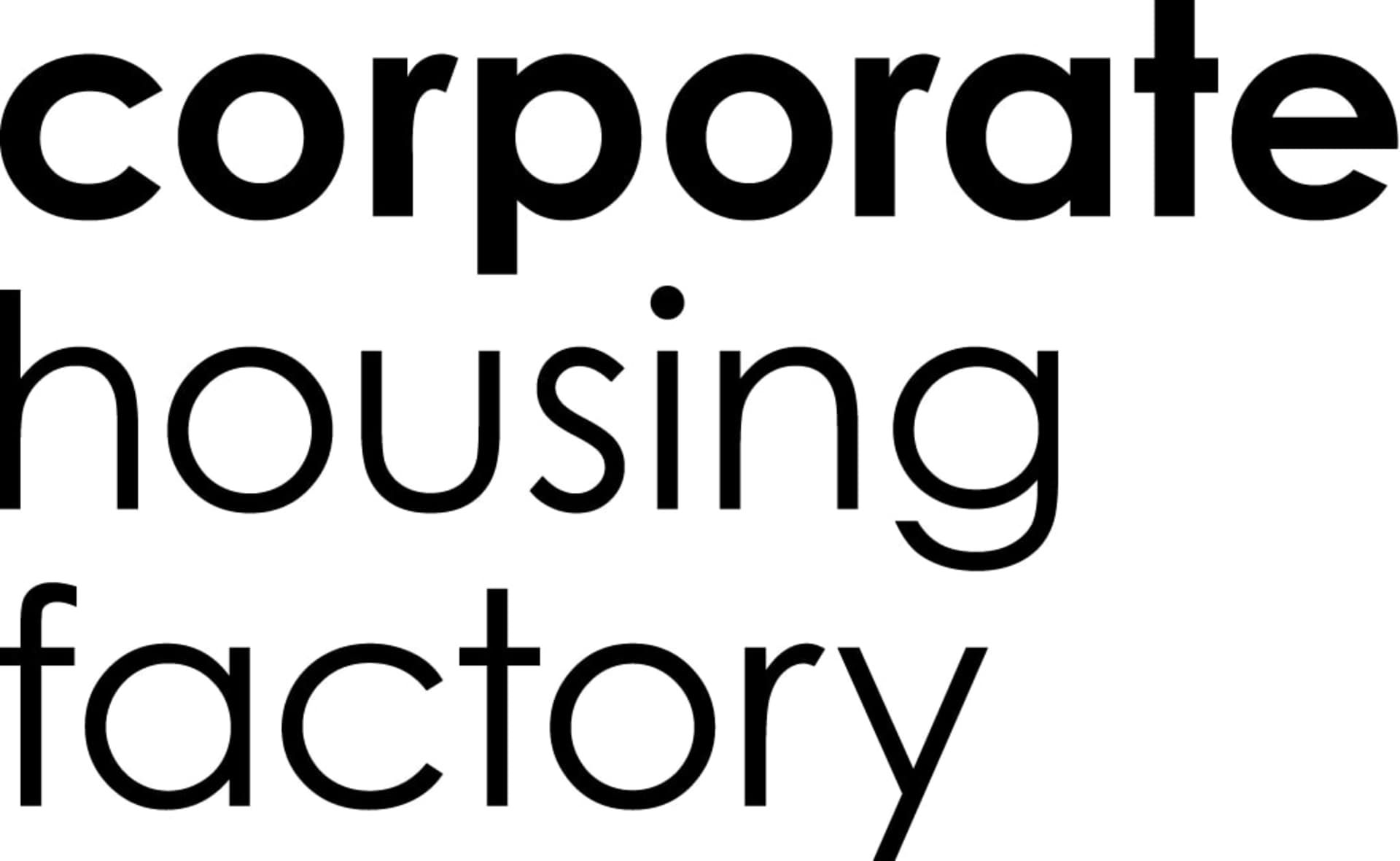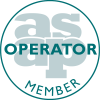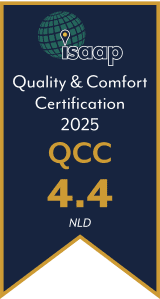
Useful phrases for your stay in the Netherlands
Goedendag! Hoe gaat het? (“Good day! How are you?”). Try to read this basic phrase in Dutch. Now admit it, you pronounced the “g’s” as you would in English? The truth is: to impress the locals (and get them to understand you at all), you need to master articulating the hard “g’s”. Once you get that in place, you are ready to speak “als een echte Amsterdammer”, cause the Amsterdam locals definitely accentuate the “g’s” the most! We can distinctively hear this in Danny de Munk’s famous song “Mijn stad”.
Tongue-twister “g’s”
Pronouncing the hard “g” is made by constricting the throat. A bit like gargling. If you pronounce it the regular way that you would in English – chances are, few people would understand you. Even if you ask for such obvious things as how to get to the Van Gogh museum. So, be sure to practice it at home.
If you are planning to travel to the South of the Netherlands, the “g” is a bit softer. Especially in North Brabant and Limburg. If you have difficulties with pronouncing this letter correctly, don’t worry! It is even challenging for the neighbouring Germans to pronounce correctly words like “Scheveningen”. Dutch has many similarities with German and English, only the pronunciation is a whole next level!
When you will arrive in the country of windmills and bitterballen, there are a number of phrases that will help you get around. The Dutch do speak excellent English (even if they are very humble about it), but they certainly appreciate it when foreigners try speaking their language. Are you up for the challenge? Let’s get started!
The basics
Manners are as important here as anywhere else. The Dutch tend to keep things short and to-the-point, but don’t let that mislead you. They appreciate a “thank you” or using “u” instead of “je” when speaking with higher management, or the elderly.
- “Dankjewel (dankuwel) / Bedankt” – Thank you (informal/formal)
- “Alsjeblieft (alstublieft)” – Please
- “Sorry” – Sorry/Excuse me (yes, there are some similarities between Dutch and English!)
- “Ja/Nee” – Yes/No
Now, let’s move on to greetings. We have already covered one general variant “Goededag” (g’day) at the beginning of this article.
- “Hoi” – Hi
- “Dag” – Hi/Bye
- “Goede – morgen/ -middag /-navond/-nacht” - Good -morning / - afternoon / - evening / -night
- “Tot zo/ziens/ straks” – See you soon/later/within the same day
- “Geniet ervan” – Enjoy!
- “Eet smakelijk” – Enjoy your food
The Dutch are particularly fond of wishing each other a delicious meal. This is not so popular in English-speaking countries.
Useful sentences to remember
The Dutch are known for their openness, so take the chance to strike up a conversation. Chat up the staff at a restaurant, ask a passer-by for directions, or… order your coffee in the local language.
- “Ik heet (enter name here). Hoe heet jij/u?” – My name is (your name). What’s your name?
- “Leuk je/u te ontmoeten!” – Nice to meet you
Depending on whether you are chatting informally or with an elderly person, you would choose to say respectively “je” or “u”. Just to class it up a bit!
- “Hoe kom ik bij... het station/de luchthaven/Rijksmuseum?” – How can I get to... the station/ the airport/the Rijksmusem?
- “Ik wil een kaartje, alsjeblieft” – I would like a ticket, please
And, some very timely phrases for the popular nowadays “coffee-walks” in the city. Just replace “coffee” with “biertje/pils” when the occasion calls!
- “Mag ik een koffie, alsjeblieft?” – Could I have a coffee please?
- “Ga je mee wandelen?” – Would you like to go on a walk?
Speak like the Dutch!
Learn these words and trick everyone into thinking you’re a local! They lie at the heart centre of the Dutch culture.
- “Gezellig” – untranslatable to English, although closest in meaning to “cozy”. And a bit similar to the Scandinavian word “hygge”. Use gezellig when you are happy to be together with friends or sitting at home on a rainy day sipping warm tea. A team outing in a restaurant can be “gezellig”. This is by far the most Dutch word that exists!
- “Lekker” – pretty similar to “tasty” in a food context, but this word (just like one above) can be used also when enjoying the good weather –“Lekker weertje vandaag” meaning
“the weather is good today”. - “Leuk” – meaning anything from “alright” through “great” to “fantastic”. Use this word to express approval in a conversation.
- “Zeker” – sure, definitely, certainly… along the lines of “true, true”.
There you have it! Your mini introduction to the Dutch language. Pay special attention to the word “gezellig”, as it can be used almost in any situation that is pleasant or cozy. Don’t be shy when it comes to practicing – beginnings are hard for everyone. Just perceive it as a fun challenge, and you are destined to get the hang of it. Veel Succes!






